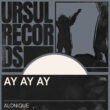Introduction
House music, a genre that originated in the 1980s, has become a global phenomenon, captivating audiences with its infectious beats and soulful melodies.
This article explores the history of house music, tracing its roots, the pioneers who shaped the genre, its journey from the United States to Europe, and the current landscape of contemporary artists.
Additionally, we’ll highlight some emerging talents to watch for in the future.
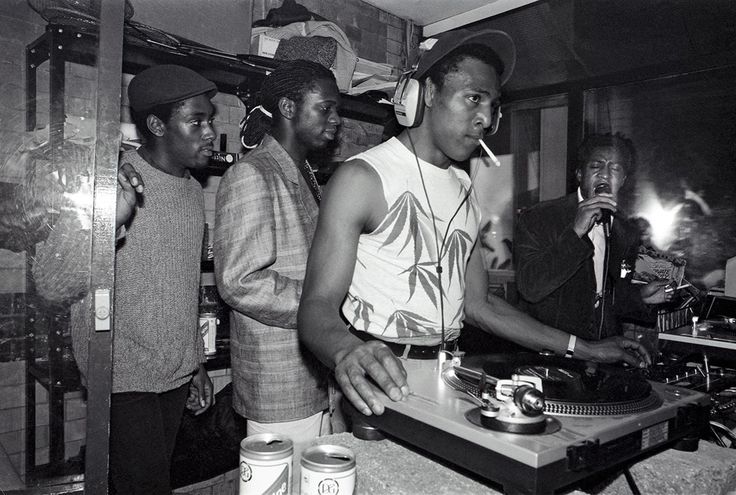
The Birth of House Music:
House music emerged in the vibrant underground club scene of Chicago in the early 1980s. DJs and producers sought to create a unique sound by blending elements of disco, funk, soul, and electronic music.
Pioneers like Frankie Knuckles, Larry Heard (Mr. Fingers), and Marshall Jefferson played a pivotal role in shaping the genre, introducing electronic drum machines, synthesizers, and soulful vocals into their tracks.
Frankie Knuckles
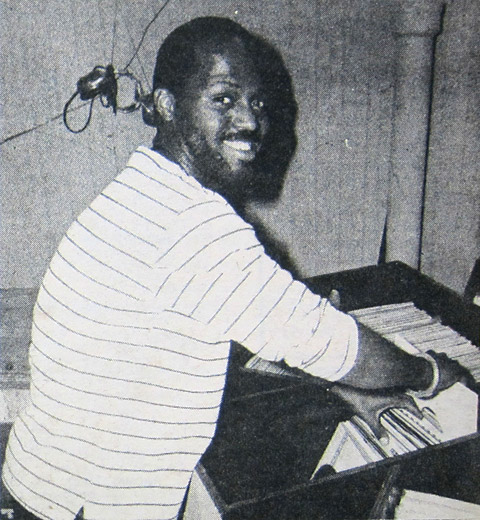
Frankie Knuckles, often referred to as the “Godfather of House,” played a pivotal role in shaping the genre.
As a resident DJ at The Warehouse, a popular Chicago club, Knuckles developed a signature style that combined disco classics with soulful vocals and extended dance mixes.
His remixes and original productions, such as “Your Love” and “Baby Wants to Ride,” set the standard for the emerging genre.
Larry Heard
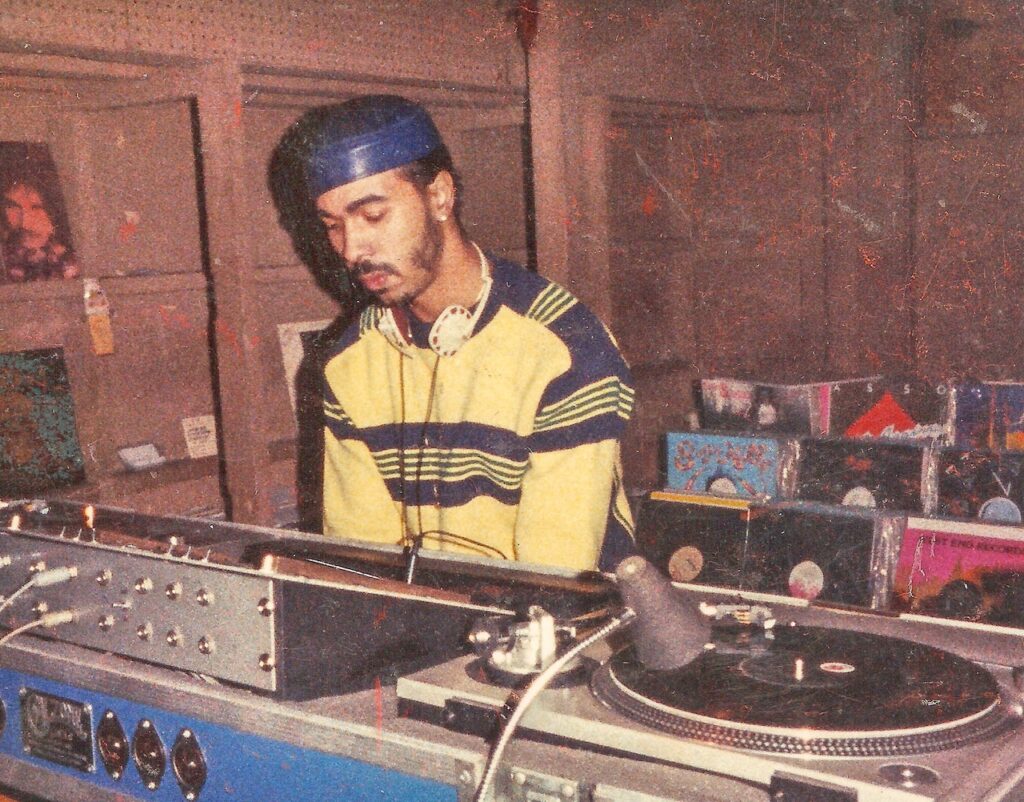
Larry Heard, known by his stage name Mr. Fingers, was another influential figure in the Chicago house scene.
He pioneered the use of electronic drum machines, synthesizers, and intricate melodies in his tracks, infusing them with a soulful and emotive quality.
Heard’s iconic tracks like “Can You Feel It” and “Mystery of Love” showcased his unique production style and became classics of the genre.
Marshall Jefferson
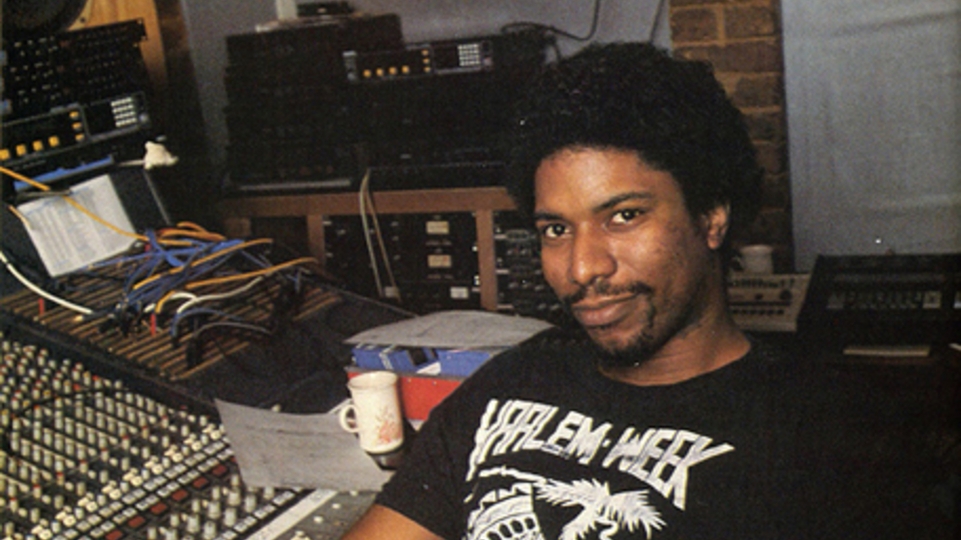
Marshall Jefferson, often referred to as the “King of House Music,” was also instrumental in shaping the sound of early house music.
Jefferson’s production skills and innovative use of sampling techniques brought a new level of creativity to the genre.
His track “Move Your Body (The House Music Anthem)” is considered a definitive house music anthem and helped solidify the genre’s popularity.
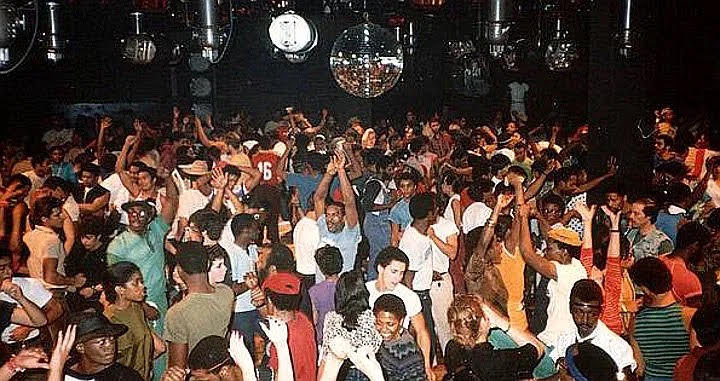
These pioneers, along with numerous other DJs and producers in Chicago, created a thriving underground scene where the spirit of experimentation and innovation thrived.
House music quickly gained traction and became a staple in clubs, creating a cultural movement centered around the music, dance, and community.
The use of drum machines, synthesizers, and vocal samples became hallmarks of the genre.
The infectious four-on-the-floor beat, characterized by a steady kick drum on each beat, propelled the energy on the dancefloor and created a sense of unity and euphoria among the crowd.
The soulful vocals, often sampled from disco and R&B records, added an emotional depth to the tracks and connected with listeners on a profound level.
The lyrics often conveyed messages of love, freedom, and empowerment, making house music not just a genre for dancing but also a form of expression and liberation.
The influence of Chicago house music soon spread beyond the city’s borders, captivating audiences across the United States and eventually making its way to Europe.
The pioneering sound of Chicago house inspired DJs and producers worldwide to experiment with their own interpretations, leading to the development of various sub-genres and regional scenes.
Spreading Across the Atlantic:
As house music gained popularity in Chicago, it eventually made its way across the Atlantic to European dancefloors. Ibiza, an island in Spain, played a crucial role in this transatlantic journey.
DJs such as Paul Oakenfold, Danny Rampling, and Nicky Holloway experienced the vibrant house music scene in Chicago and brought its energy and style back to the UK, where it quickly took hold.
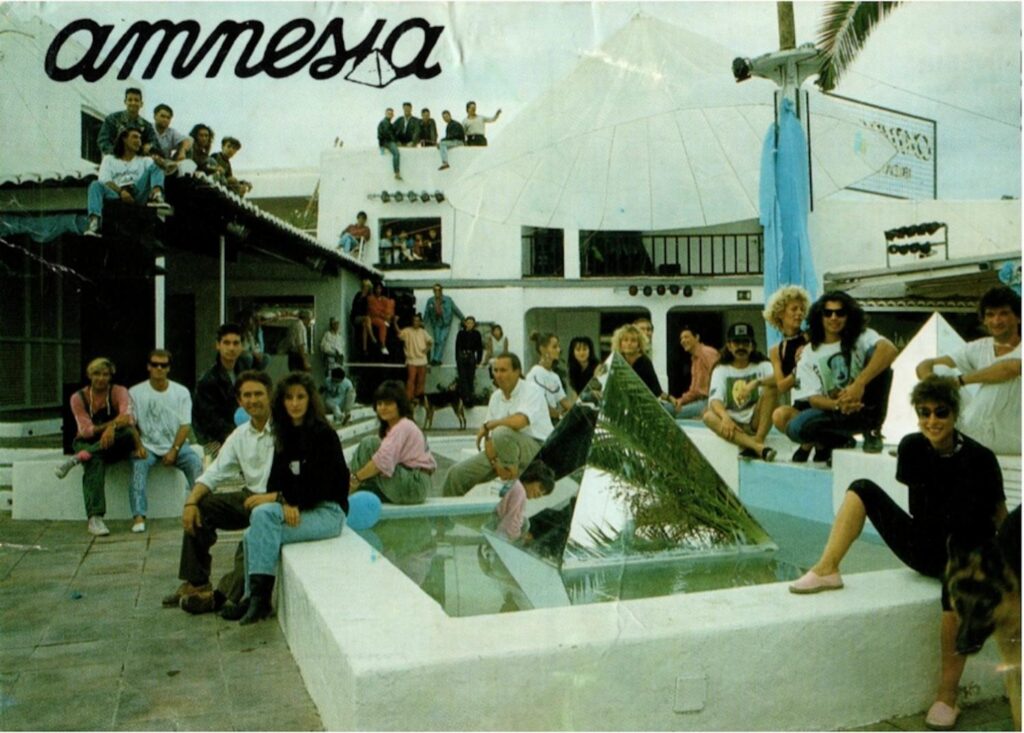
The UK and the Second Summer of Love:
The late 1980s and early 1990s saw the explosion of house music in the UK, which became known as the “Second Summer of Love.”
The Hacienda club in Manchester became an iconic venue, showcasing the sounds of Acid House and the emerging rave culture.
British artists like The Prodigy, Orbital, and Underworld pushed the boundaries of house music, incorporating elements of techno and breakbeat.
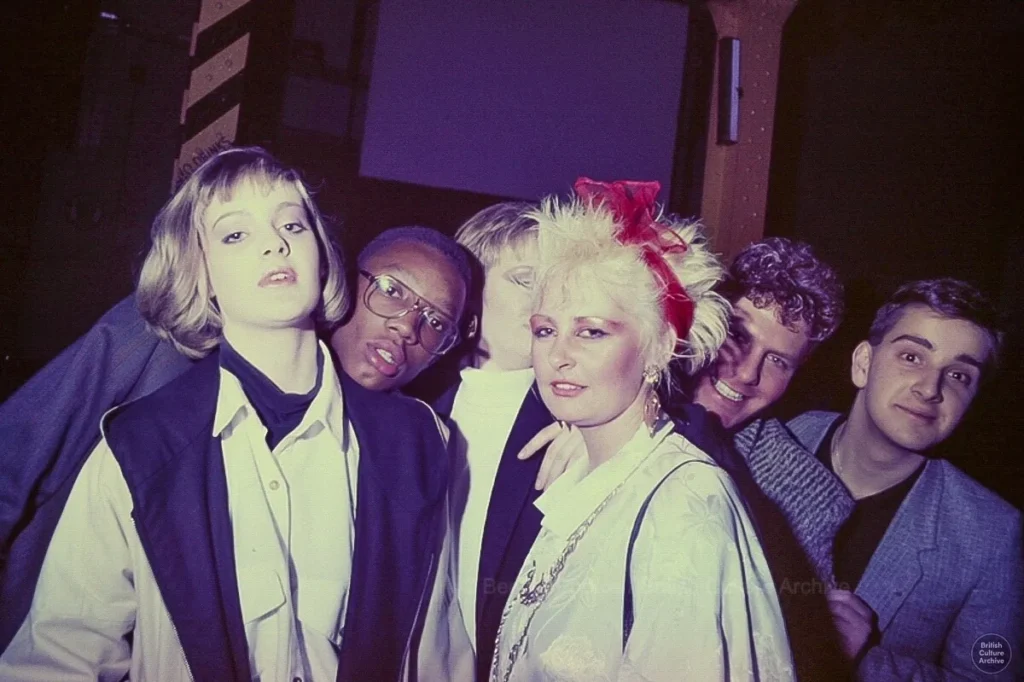
House Music Goes Global
House music continued to evolve and spread its influence worldwide.
In the 1990s, it found fertile ground in European countries like Germany, France, and the Netherlands. German artists such as Paul van Dyk and WestBam pioneered a harder, more energetic style known as “Eurodance,” while French producers like Daft Punk and Justice blended house with elements of funk and disco, creating their unique sound.
Contemporary House Music
In the present day, house music has diversified into numerous sub-genres, catering to a wide range of tastes and preferences.
Artists such as Disclosure, Duke Dumont, and Gorgon City have embraced a modern variant known as “deep house,” characterized by its atmospheric soundscapes and melodic basslines.
Other sub-genres like tech house, future house, and tropical house have also gained popularity.
Artists to Watch in the Future
The future of house music promises to be an exciting one, with a new wave of talent emerging on the scene. Here are a few artists to keep an eye on:
a) Peggy Gou: This South Korean DJ and producer has been making waves with her infectious blend of house and techno, earning her a reputation as one of the most exciting acts in the industry.
b) Black Coffee: Hailing from South Africa, Black Coffee combines deep house with African rhythms, creating a unique and captivating sound that has gained international acclaim.
c) Mall Grab: This Australian artist has garnered attention for his lo-fi house productions, blending gritty samples with infectious grooves, and has quickly become a rising star in the underground scene.
d) Honey Dijon: Known for her eclectic DJ sets, Honey Dijon seamlessly weaves together various genres, infusing her house sets with elements of disco, soul, and techno.
Conclusion: House music has come a long



